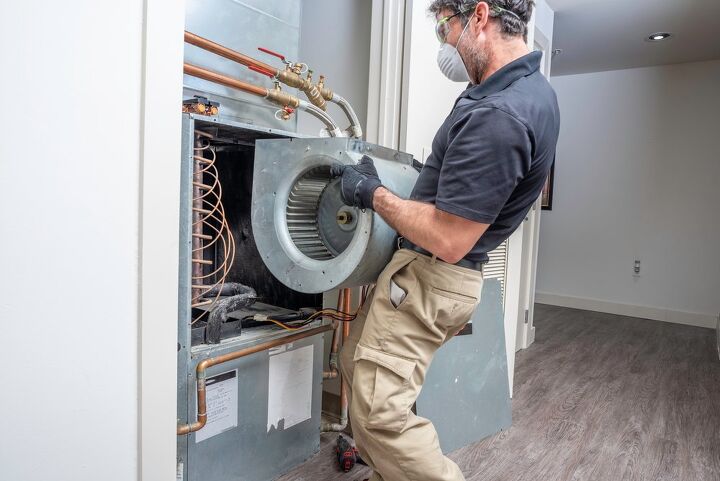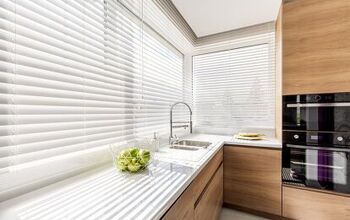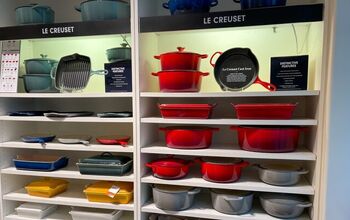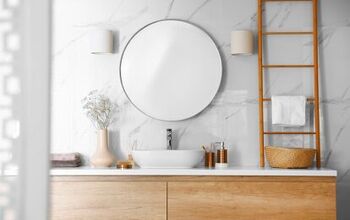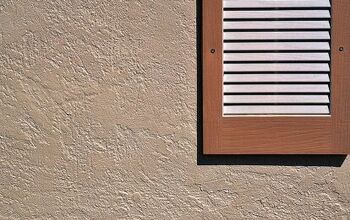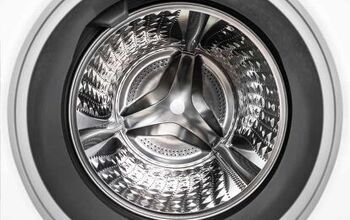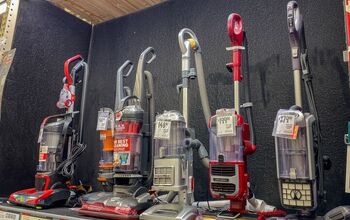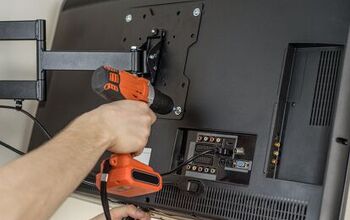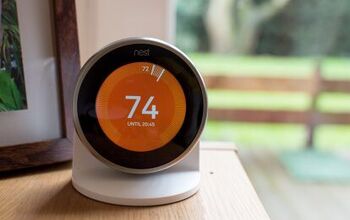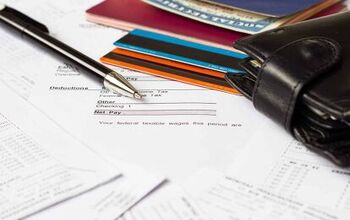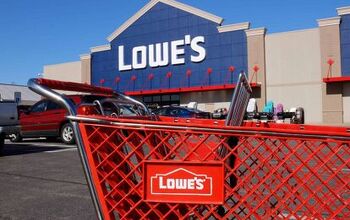Why Is HVAC So Expensive?

Installing HVAC is essential, especially if you live in an area where it gets extremely hot or cold. You need to be able to regulate the indoor temperature to live comfortably. However, it’s no secret that installing HVAC can be very expensive. But why is that?
HVAC is expensive because you’re paying for the equipment, as well as the expertise of the professional. They may need to install ductwork, vents, any add-ons, and the HVAC unit itself, which is the most expensive part of the installation. Always get at least three quotes from various local HVAC technicians to find the best price.
HVAC can be extremely expensive. In this article, we will talk about the reasons it can be costly and how you can ensure you are getting the services you are paying for.
What is the Cost of a Standard HVAC Installation?
For new HVAC installations, expect to pay from $1,500 to $12,500. HVAC installation prices typically include labor costs of between $500 and $2,500.
The total cost relies on the type and condition of the current system. It typically costs more to retrofit forced or central-air heating than to replace an existing unit.
HVAC Price Per Square Foot
If you live in a two-story, two-bedroom home, you will likely spend less on your HVAC system than a family who lives in a three-story, five-bedroom home (all other factors being equal).
Yes, the price of HVAC installation per square foot varies based on the size of the house. At the same time, few businesses would quote you based on square footage, the average HVAC installation costs between $15 and $18 per square foot.
Why Do HVAC Units Cost So Much?
It should be noted right away that installing an HVAC unit may be more work than the ordinary handyman can do. It is critical to choose a heating and conditioning professional to install your unit, which is why it costs so much.
The professional can understand airflow and coverage in ways that will make the new unit perform better than the old one. However, you will have to pay for their knowledge.
While it can be more on the expensive side, you are definitely getting what you pay for. However, there is more to the cost of the HVAC unit than just the professional expertise.
The HVAC Unit is the Most Expensive Part of Installation
The central unit is one of the most expensive components of any heating and cooling system. This main unit is the massive metal container that will be placed in your yard or basement and will house the main fan as well as all of the electronics. One of these machines has extremely advanced mechanics and a very intricately designed process with which it operates.
Size
It goes without saying that the larger the air conditioner, the higher the price. But did you know that an air conditioner’s “size” does not refer to its physical dimensions?
The size of an air conditioner is measured in tons and corresponds to its cooling capacity (i.e., how quickly it can cool a space in an hour). As a result, when you see a “tonnage” rating on an air conditioner, it refers to how quickly it can cool an area.
Keep in mind that bigger is not always better when it comes to tonnage. It is more crucial to locate an air conditioner with the ideal “Goldilocks” capacity for your property.
If you choose an air conditioner that is too tiny for your home, it will work nonstop to cool it, resulting in increased energy bills. If you buy a unit that is too big, it will cool your house and shut down too quickly, resulting in short cycling.
To figure out what “tonnage” is best for your home, utilize an online air conditioner capacity calculator. However, average domestic air conditioners range from 2 to 5 tons, or 24,000 to 60,000 BTU per hour.
Efficiency
The Seasonal Energy Efficiency Ratio, or SEER rating, of an air conditioner is used to determine its efficiency. The SEER ratings vary from 13 (lowest) to 22 (best) (the highest). The higher the grade, the more energy-efficient your system will be, but it will also cost you more.
However, you must consider the long-term cost savings of purchasing an energy-efficient air conditioner. You may pay a greater price when you first purchase the system, but you will more than make up for it in terms of energy savings. Although, this may take a year or two.
Equipment addons
Do you want your air conditioner to be able to “learn” your daily routine and adjust temperatures depending on whether or not you are at home? A smart thermostat will cost you much more than a traditional thermostat.
Here are some of the extras that will increase the price of your HVAC Installation:
- Systems with specialized fan blades and extra insulation around the compressor for noise reduction
- Notifications for when their air filter needs to be changed
- Systems with multiple fan-speed settings to give you a more precise climate control level
- Air purification to improve air quality and reduce humidity in the home are all examples of this.
Installation
The cost of installation is one of the factors that will be included in your pricing quotes. In most circumstances, the difference in this amount for any similar brand or model will be little. For all identical equipment, the installation procedure is the same.
On the other hand, the cost of installation can vary significantly from one contractor to the next. Because of this, selecting a local HVAC contractor to provide and install your system is critical. However, do not base your decision solely on pricing. Seek out contractors who:
- Have a lot of expertise
- Have an excellent track record of producing high-quality work
- Provide labor guarantees and offer preventative maintenance and emergency services.
How Does Short Cycling Affect Your HVAC Unit?
Short cycling is bad for your air conditioner and your wallet; because it requires more energy to turn on your air conditioner over and again rather than running efficiently as it does in longer cycles. A significant amount of energy is expended during this process, resulting in higher energy bills.
Furthermore, this on/off cycle puts additional strain on your air conditioner’s operations, reducing its lifespan and prompting early replacement.
Cost Considerations When Installing HVAC
When it comes to the cost of your HVAC system, there are some factors that you will need to keep in mind. Below, we will discuss the major points with you.
How Large is the Unit?
Bigger is not necessarily better when it comes to selecting the size of your new system. The most significant factors to consider when purchasing a new HVAC system go beyond its physical size – the size of an AC unit relates to its cooling capability.
Due to insufficient cooling capacities for the required interior space, the larger the system, the higher the equipment cost. Undersized units with insufficient cooling capacity may run continuously, resulting in ineffective cooling and higher monthly utility costs.
On the other hand, oversized units with insufficient cooling capacity may cool interiors too fast, resulting in the loss of essential indoor humidity and irregular unit operation and wear-and-tear, which could lead to future system failures.
Ductwork
The presence of and/or the condition of existing ductwork in a living area are additional economic factors. Your new system installation cost will almost certainly rise if your property requires new ductwork installation or duct repair.
- The cost of ductwork installation varies depending on:
- The size of the space and the amount of ductwork required for adequate cooling
- Simplicity or complexity of the ductwork, as determined by the interiors of the home
- Material used within the ductwork
- Difficulty of accessing the space for ductwork installation
The professionals may also suggest air duct sealing to repair old or decayed ductwork, air duct cleaning to ensure that the ducts are in good working order, and in-duct air purifiers to improve your indoor air quality and benefit your new system.
The specialists will also count the number of existing vents and return vents that supply cool air to the residence and return warm air to the cooling system.
The more internal space that needs to be cooled, the more supply and return vents that are needed. Installing additional vents will almost certainly raise the cost of your HVAC installation.
How Much Should I Pay for HVAC?
You should consider the cost of expert installation in addition to the cost of your HVAC equipment. This will be determined by a number of criteria, including:
- The size of your property
- The type of unit being installed
- The HVAC contractor you choose
HVAC installation might cost anything from $1,800 to $10,500 on average. The higher the cost, the more effort is required to install the item. If, in addition to a new unit, your property requires new ductwork or gas lines, the cost of installation will rise.
These expenses will vary based on the size of your home and the type of HVAC system you have installed. Contact a local HVAC professional for precise pricing for your home.

Heather is a passionate writer who loves anything DIY. Growing up, she learned everything from home repairs to design, and wants to share her tips with you. When she's not writing, she's usually hiking or searching for her next DIY project.
More by Heather Robbins



